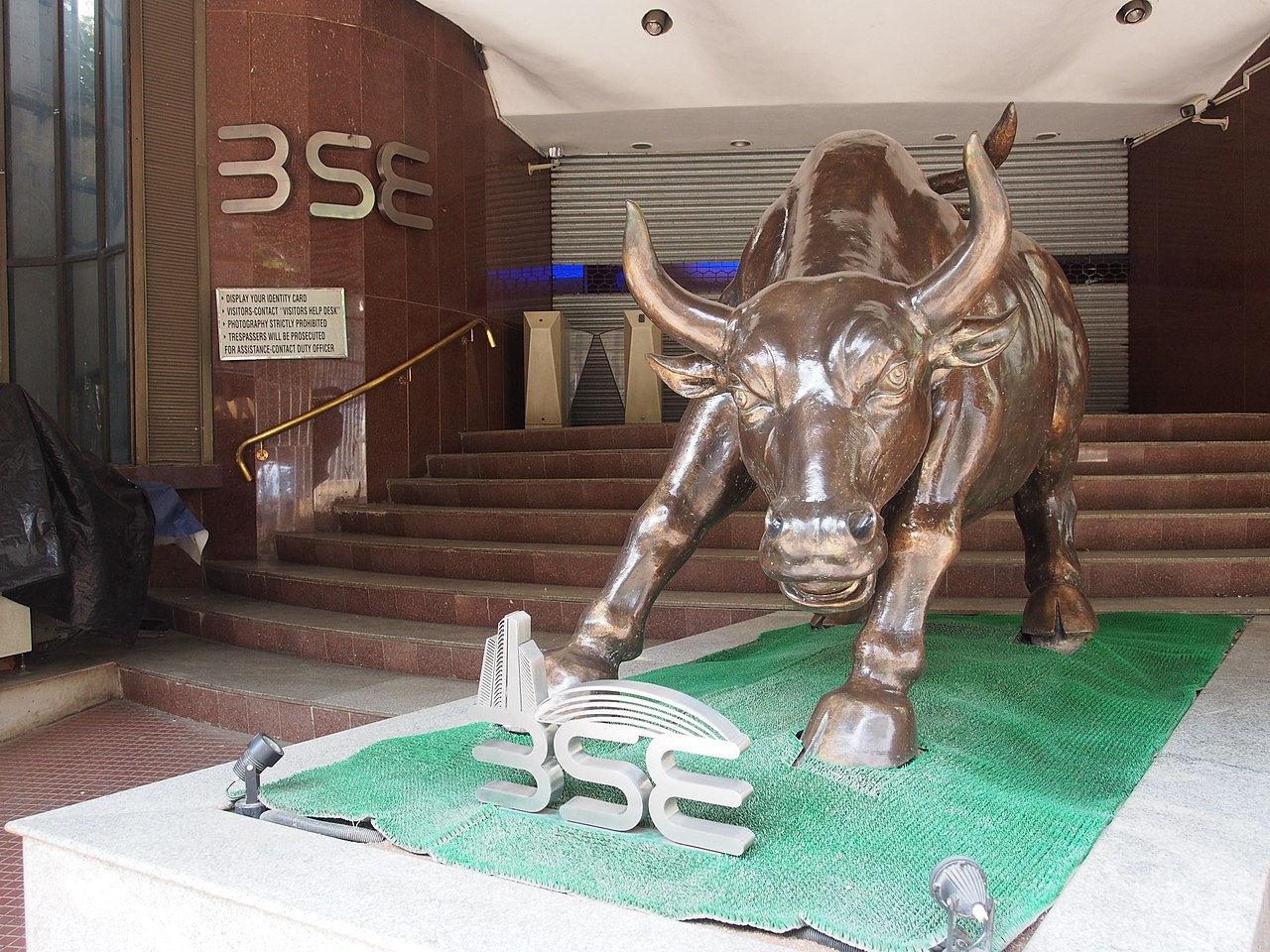
 By Venkatesh Raghavan*
By Venkatesh Raghavan*
Mumbai: The rollercoaster ride of Adani Group shares continued with a downward spiral of 15% for its flagship company Adani Enterprises. The downward swing for Adani Enterprises along with other group companies was a rift in the direction of share pricing after two consecutive days of rallying around by 35%. Adani Ports registered a loss of 5% on the Bombay Stock Exchange (BSE).
Having come under the scanner of Morgan Stanley Capital International (MSCI), the index provider for corporate houses, the Adani Group securities were being subject to review for retention of its free float status. The review process came close on heels after market participants flagged their concerns about the eligibility criteria for Adani Group firms. Free float status refers to the extent to which shares linked with Adani group companies were freely tradable in the secondary markets. The cumulative loss for the Adani group share prices stood at USD 117 billion subsequent to short-seller Hindenburg Research’s critical findings on its January 24, 2023 report.
Today’s quarterly review report released by the MSCI stated that it was awaiting feedback from the participants in the markets and that the situation faced by Adani Group firms was under close scrutiny. The MSCI cited the level of uncertainty on some of the investors’ fronts that might cause Adani group companies’ free float status to be revised. With reference to the secondary market, free float stands for the proportion of outstanding shares that investors can purchase in the public equity markets.
The grounds on which the Hindenburg Research firm sought Adani Group shares value to be investigated include over-invoicing, round tripping and share price manipulations. To elaborate, over-invoicing for an export firm means it raises a bill in excess of the specified amount to be paid and the excess amount serves as a channel for money laundering. Round tripping refers to channelling the money from Adani’s Indian shores to foreign tax havens from where it re-enters the Indian market as either a Participatory Note or say Global Depository Receipts (GDRs) in the form of foreign investment. In other words, it’s black money getting converted to white under the guise of FDI. Round tripping turns out to be a lucrative operation as the country from which it gets re-routed to India is in most instances a tax haven or country where there are substantial tax concessions.
The allegation of stock price manipulation also takes the form of an external trigger. Share price manipulations take place when the shell companies that are a front for the parent company from offshore destinations invest on the company’s stock thereby artificially sending the prices on an upward spiral. In light of the serious allegations, group chairman Gautam Adani called the reports baseless and has threatened legal action against the American short seller firm Hindenburg Research. He further claimed that the group’s balance sheet is a healthy one.
Meanwhile, the Directorate of Revenue Intelligence (DRI) which was following up on three of Adani’s Group companies artificially inflating the prices of coal power goods, and passing on the burden to the end consumer, is still struggling within a labyrinth of legal systemic procedures, informed sources said.
*Senior journalist




